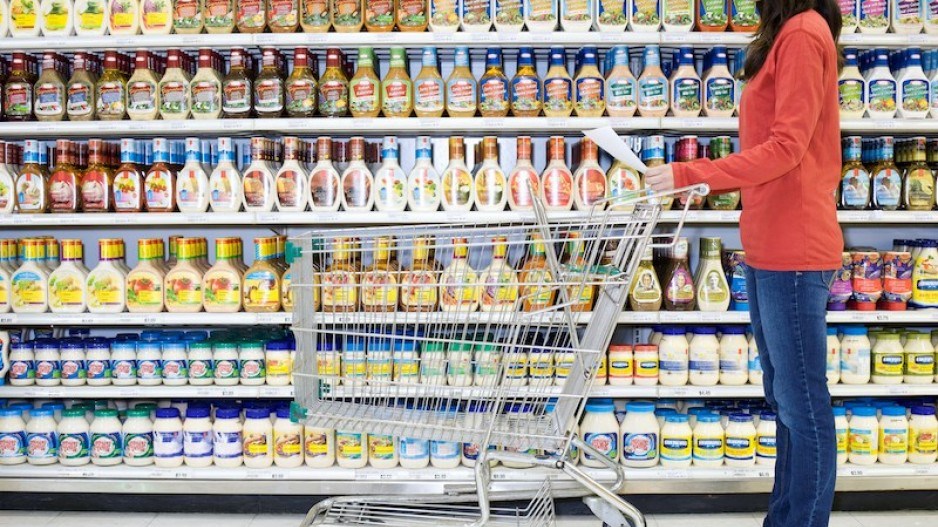Inflation on the West Coast was trailing the national average by a fair margin earlier in the year.
Not the case anymore.
Prices for consumer goods in B.C. were 6.7 per cent higher in April compared with the same month one year earlier, according to data released Wednesday by Statistics Canada.
That’s up from 6 per cent in March, when the national rate was also 6.7 per cent.
The national average ticked up one point to 6.8 per cent last month.
Gasoline (+36.3 per cent) and food purchased in stores (+9.7 per cent) saw some of the biggest leaps in costs, while rent in B.C. (+6.4 per cent) experienced the biggest increase in the country.
"But this is the relative calm before another downpour in next month's report, as gasoline prices are tracking a double-digit increase for May alone," BMO chief economist Douglas Porter said in a note.
“Barring a deep dive in oil prices in coming weeks and months, we expect that the worst is yet to come on the headline readings and that inflation north of 6 per cent will still be with us by the end of this year.”
Meanwhile, meat (+10.1 per cent), pasta (+19.6 per cent) and coffee (+13.7 per cent) were among the products that saw the biggest price surges.
"The cost of basic necessities continues to push higher in Canada, with food and shelter driving the price increases. We are not expecting much of a reprieve going forward, with food supplies likely remaining tight," TD economist James Orlando said in a note.




